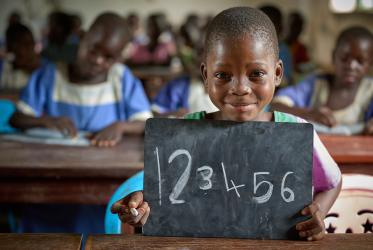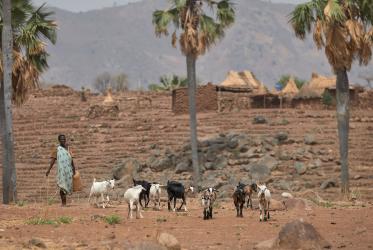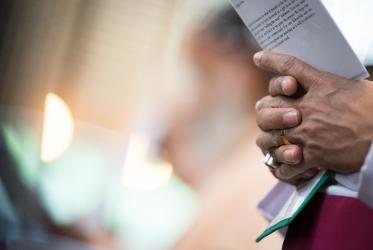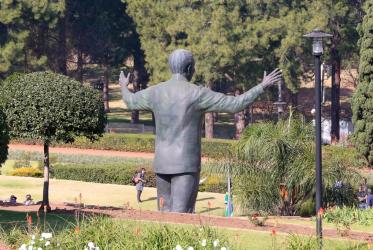Displaying 1 - 20 of 138
WCC leaders recall life-changing experiences from early days
10 February 2022
South Sudan Church leaders welcome new cabinet
15 March 2020
Young Africans are eager to grapple with challenges
09 January 2020
South Sudan Council of Churches: peace “is a question of the heart”
11 November 2019
















